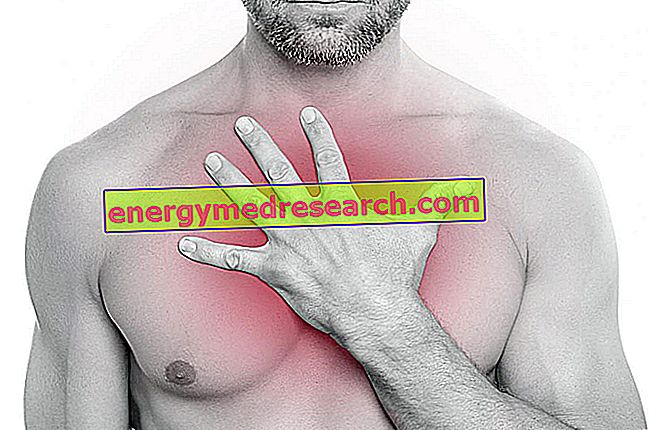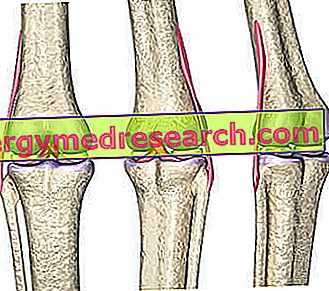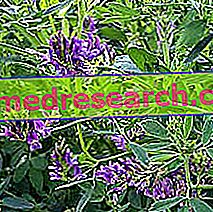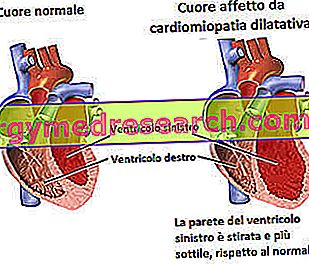
Today we know that chronic inflammation is a very important risk factor for the development of many diseases, including the so-called "big killers", such as the dreaded cardiovascular diseases, stroke, diabetes and cancer. The presence of only one of these diseases, in turn, supports and increases the inflammatory framework, favoring the development of further pathologies.
Inflammation is a very important mechanism for human health, which is essential for the proper functioning of the immune system. If we get a wound, an acute inflammatory reaction is triggered, which favors the elimination of any pathogens or foreign bodies that have penetrated the lesion and lays the foundation for wound repair processes. Unfortunately, as we all know, wound repair does not reconstruct the skin exactly as it was before, but it causes a scar to form .
Now, the entire inflammatory process is regulated by a series of substances, called cytokines, present in the blood and responsible for coordinating the function of the cells involved in inflammation.
If our wound does not heal well and is subject to continuous infections, the inflammation lasts over time, becoming chronic. Large amounts of cytokines flow into the blood creating damage to healthy tissue away from the lesion. By simplifying the concept, the same events that lead to wound healing can lead to tissue damage in healthy organs.
At cardiac level, for example, inflammation is an important step in the formation of atherosclerotic plaques, which are in fact deposits of fat filled with white blood cells and scar tissue. Similarly, at the level of the langherans islands, the presence of chronic inflammation favors the functional decline of the cells responsible for the synthesis of insulin. This explains why epidemiological studies show that, for example, a banal chronic gingivitis increases the risk of heart attack.
Not surprisingly, it has been shown that high levels of PCR (C-reactive protein) are associated with an increased risk of myocardial infarction, stroke and development of diabetes. Nor does it seem random that some cholesterol-lowering or hypoglycemic drugs, such as glitiazoni and statins, also have positive effects on reducing PCR levels.



